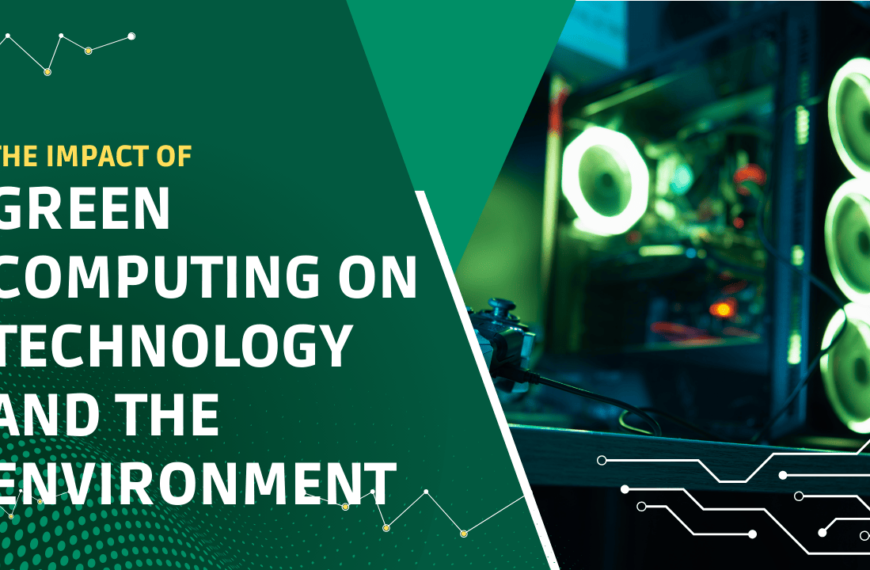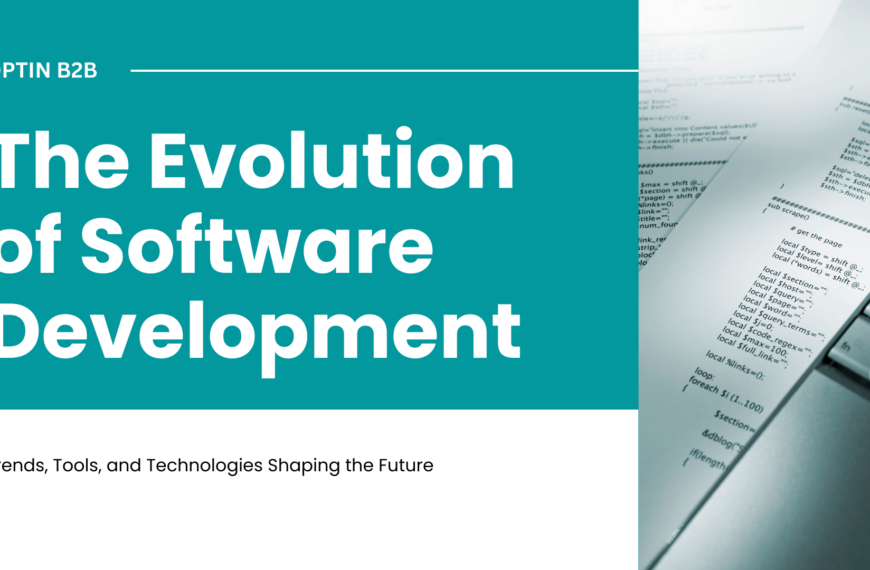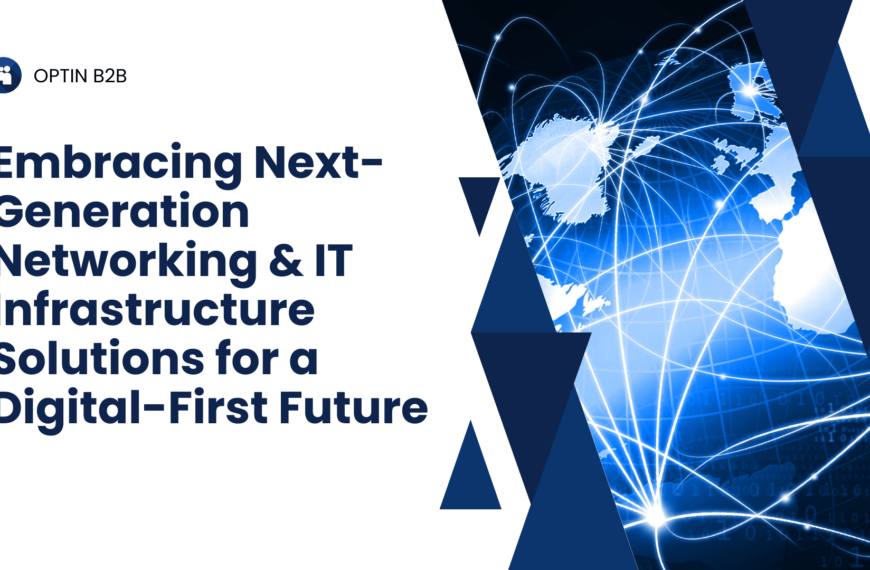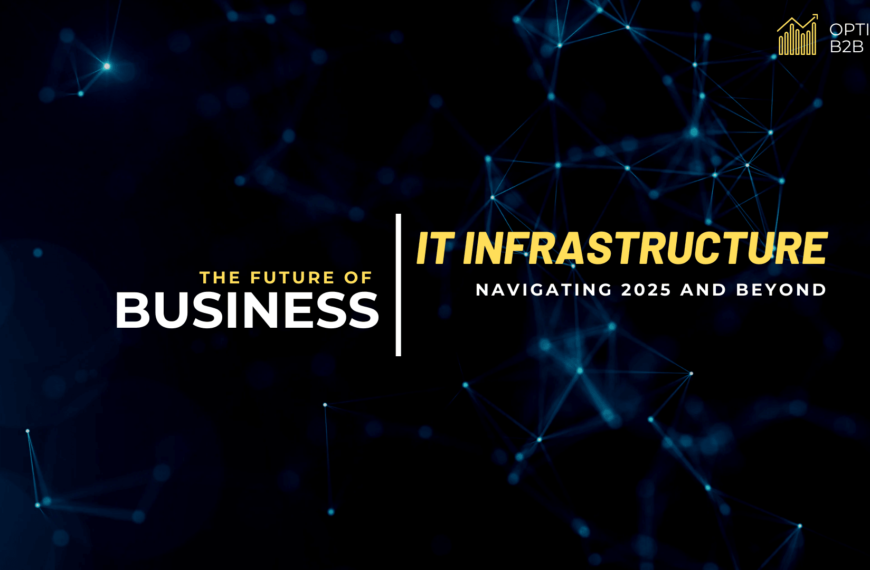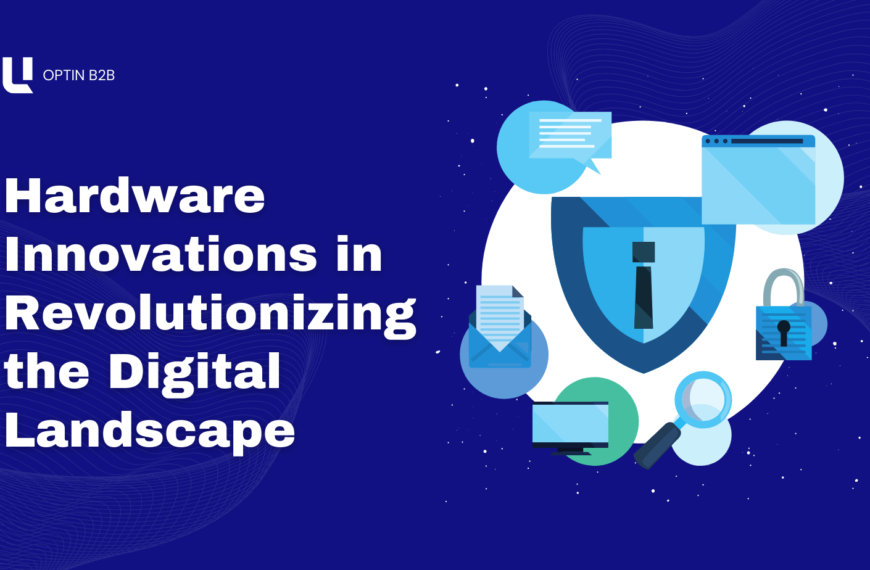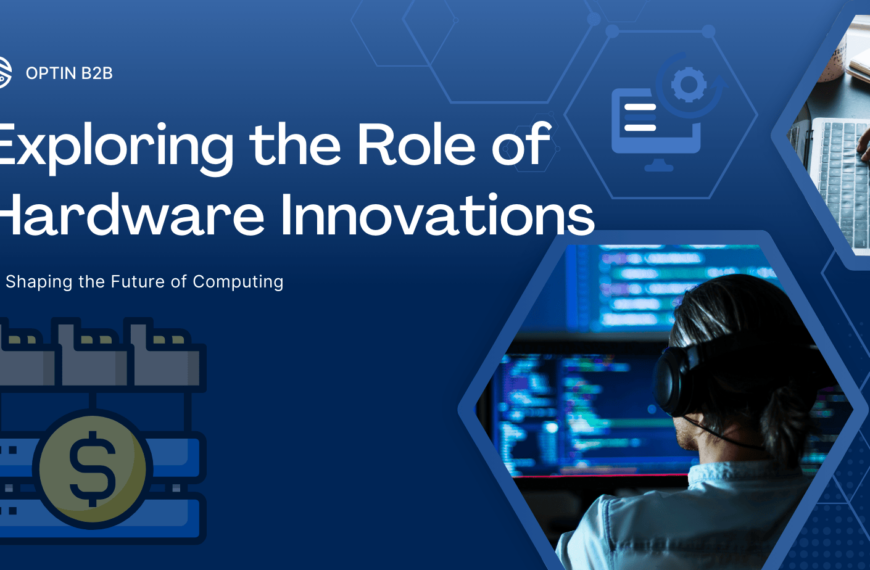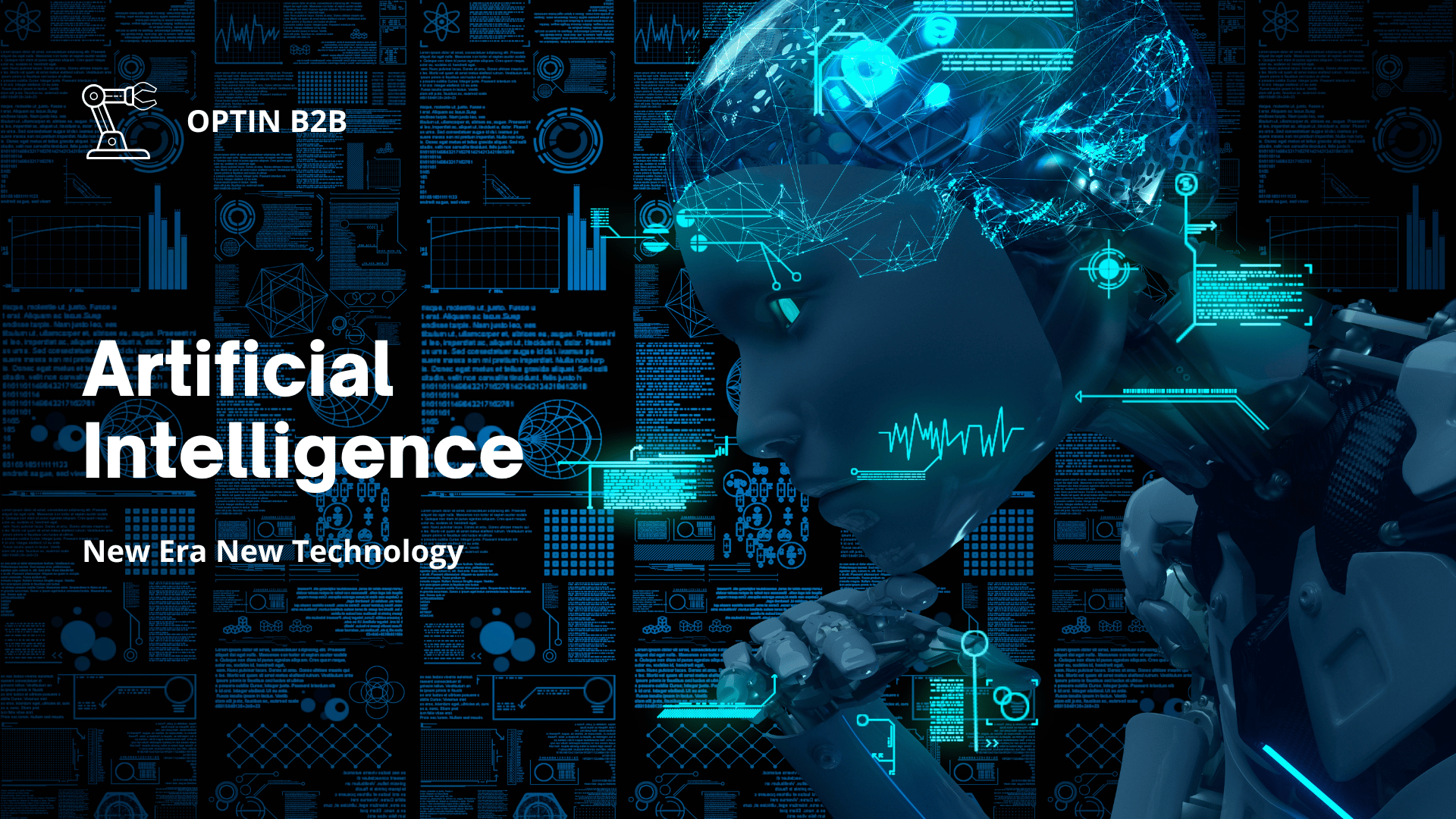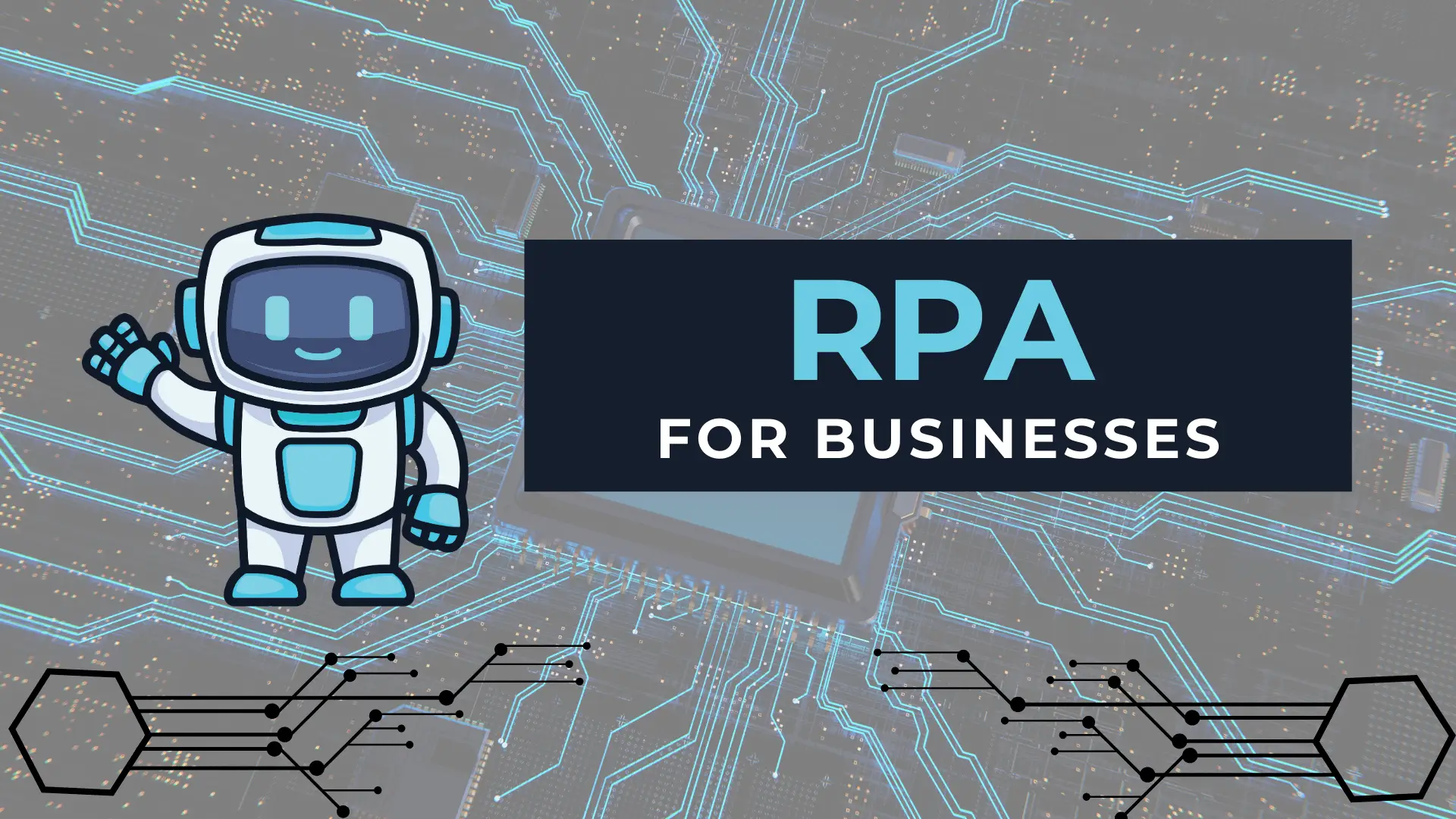In 2025, hardware innovations are set to reshape industries, from artificial intelligence to cloud computing, providing businesses with new capabilities to improve operations and foster growth. As technology continues to evolve, hardware advancements are becoming a cornerstone for efficiency, performance, and sustainability. Below, we explore the most notable hardware innovations making waves in the tech industry.
One of the standout innovations is the development of quantum computing hardware. Companies like IBM, Google, and Intel have made significant strides in advancing quantum processors that can solve problems far more efficiently than classical computers. These machines hold the promise of transforming industries by accelerating complex computations in areas such as drug discovery, cryptography, and materials science. With companies investing in quantum hardware at an increasing rate, businesses will soon have access to tools capable of tackling previously impossible tasks.
The second breakthrough lies in edge computing hardware. With the rise of the Internet of Things (IoT), there is an increasing demand for data processing at the edge of networks. Edge devices such as smart sensors, AI chips, and micro data centers are now being optimized to handle data locally, reducing latency and bandwidth issues. NVIDIA and Intel are at the forefront of edge computing innovations, offering specialized hardware like the NVIDIA Jetson for AI-powered IoT applications. This is especially significant for industries like manufacturing, where real-time data processing is crucial for automation and predictive maintenance.
Another area of hardware innovation is sustainable computing. Companies are increasingly aware of the environmental impact of their hardware infrastructure. As a result, green computing technologies such as energy-efficient data centers, low-power processors, and recyclable components are gaining popularity. Microsoft, for example, has been making strides in creating carbon-neutral server farms and utilizing AI to optimize energy consumption in its operations. The move toward more sustainable hardware solutions is not only beneficial for the planet but also presents businesses with cost-saving opportunities in the long term.
5G hardware is also transforming how businesses approach hardware innovations. With the rollout of 5G networks, there is a surge in demand for 5G-enabled devices like smartphones, routers, and connected systems. Qualcomm and Huawei are key players in 5G hardware development, creating more robust and scalable 5G chips that promise faster, more reliable connections for IoT applications, autonomous vehicles, and remote work solutions. The ability to access real-time data from anywhere will be a game changer, especially for sectors like healthcare, logistics, and education.
Finally, the evolution of AI-driven hardware is another exciting trend to watch. AI chips, such as NVIDIA’s A100 Tensor Core GPUs and Google’s Tensor Processing Units (TPUs), are enhancing the efficiency and capabilities of machine learning applications. These chips are specially designed to handle large-scale computations involved in tasks like natural language processing, computer vision, and autonomous decision-making. As AI continues to integrate into more industries, the demand for specialized AI hardware will only increase, further optimizing operations and driving innovation.
In conclusion, hardware innovations in quantum computing, edge computing, sustainable technologies, 5G, and AI-driven solutions are not only transforming how industries operate but also paving the way for future growth and sustainability. As businesses continue to adopt these technologies, those who stay ahead of the curve will likely gain a competitive advantage, positioning themselves as leaders in the increasingly technology-driven marketplace.


